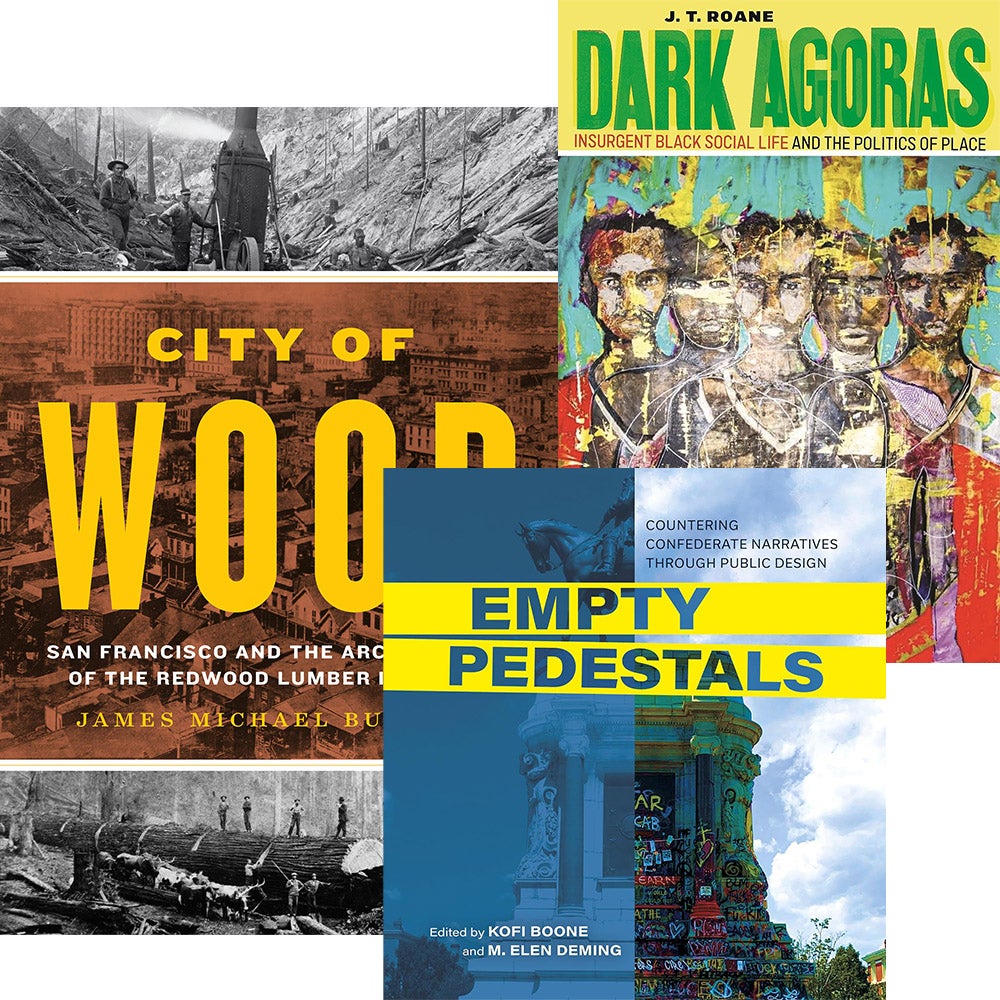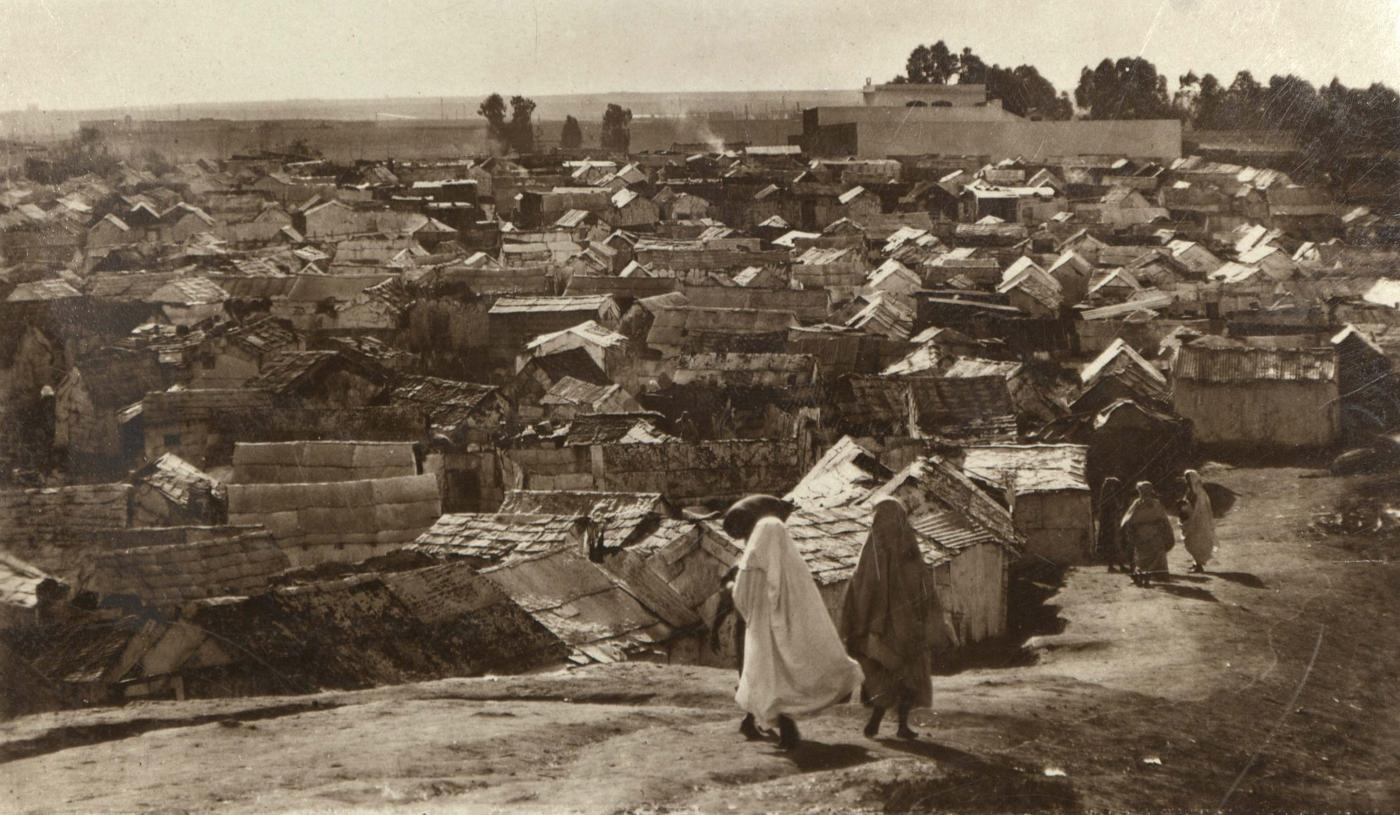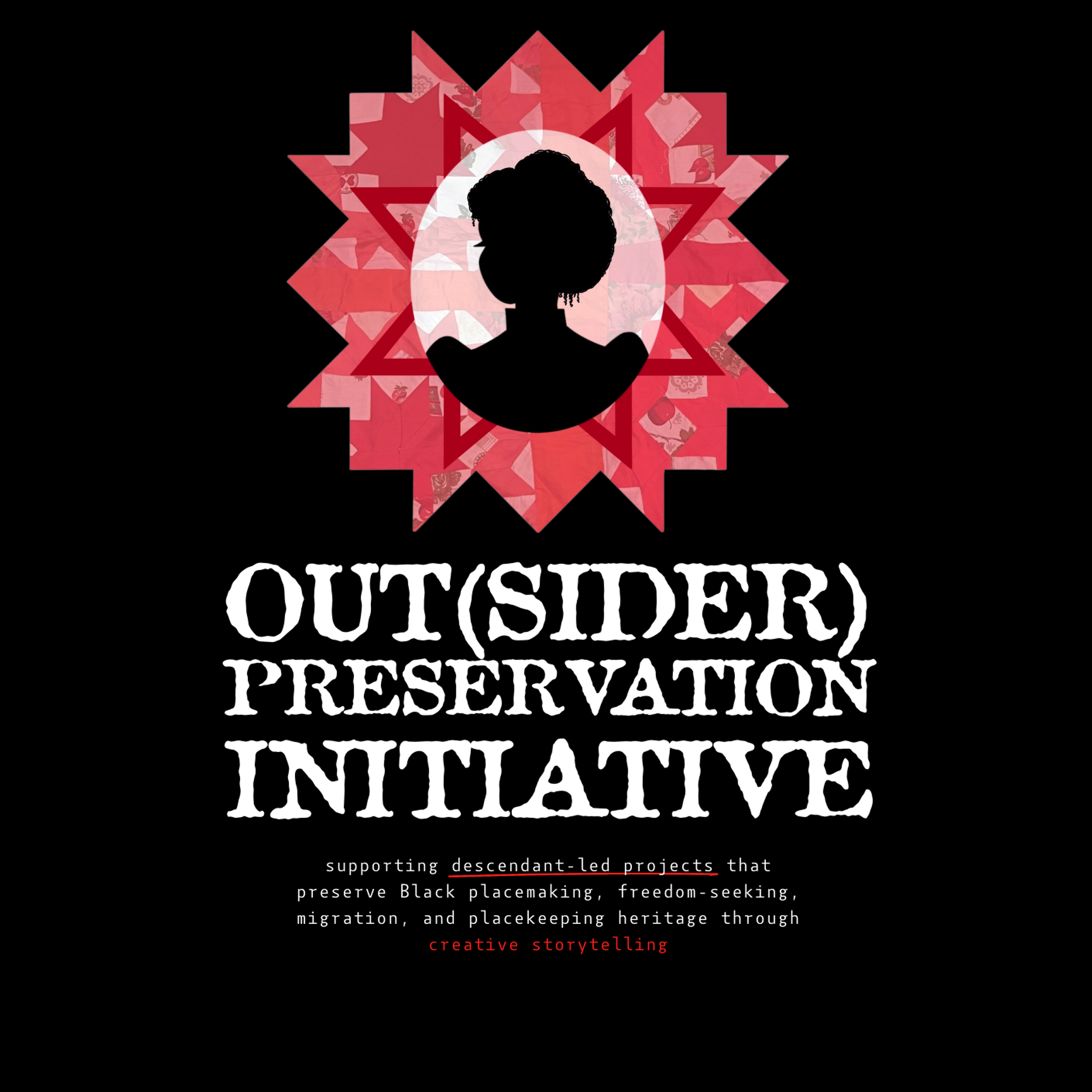
The Center for Cultural Landscapes Announces 2025 David R. Coffin Publication Grant Recipient

The Center for Cultural Landscapes (CCL) at the UVA School of Architecture is pleased to announce that architectural historian Sheila Crane is the recipient of the 2025 David R. Coffin Publication Grant for her book, City in the Shadow of Shantytown. A Critical History of Bidonville.
In this book, Crane expands our understanding Moroccan and Algerian shantytowns located on the periphery of French colonial cities. Through the careful examination of archival sources, Crane analyzes these shantytowns as a complex form of landscape urbanity challenging the tropes through which most urban scholars have discussed informality as a “spatial manifestation of poverty or marginalization”.
The $8000 Coffin grant awarded by CCL will afford the University of Pittsburgh Press’ Culture, Politics and Built Environment series (edited by Dianne Harris) to include high production reproductions of the extensive visual archival materials — maps, photographs, prints, architectural drawings, advertisements and prints — that Crane examined as part of her research.
|
Image

|
Sheila Crane is the Chair of the Department of Architectural History at the University of Virginia where she has taught since 2007. The Society of Architectural Historians selected her first book Mediterranean Crossroads: Marseilles and Modern Architecture (2011) for the Spiro Kostof Award (2013). Crane is the recipient of numerous fellowships and awards for her scholarly work including the Mellon Fellowship in Urban Landscape Studies from Harvard University’s Dumbarton Oaks Research Institute (Garden and Landscape Studies Program), the Clark Fellowship from the Sterling and Francine Clark Art Institute, the Sidney J. Weinberg Foundation Fellowship in Architectural History and Preservation from Columbia University’s Italian Academy for Advanced Study in America, and the Visiting Scholarship from the Canadian Centre for Architecture.
ABOUT THE COFFIN GRANT
The David R. Coffin Publication Grant is awarded to an author or publisher of a book-in-progress on a landscape subject. The purpose of this prize is to reward contributors to the intellectual vitality of garden history and landscape studies. For more information on how to apply for the 2026 Coffin publication grant, visit: www.arch.virginia.edu/ccl/coffin-publication-grant
ABOUT THE UVA CENTER FOR CULTURAL LANDSCAPES (CCL)
Founded in 2015, The Center for Cultural Landscapes (CCL) at the University of Virginia’s School of Architecture produces research and creates new models of innovative cultural landscape stewardship in the region, the nation, and around the globe. CCL’s work focuses on increasing awareness of the historical, ecological, and social value of cultural landscapes through innovative scholarly research, site documentation and fieldwork, planning, preservation, management, and design. For more information about CCL, visit: www.arch.virginia.edu/ccl
ABOUT THE UNIVERSITY OF PITTSBURGH PRESS —
CULTURE, POLITICS, AND THE BUILT ENVIRONMENT SERIES
Books in this series address the intersecting relationships between the built environment and a range of cultural forces, exploring the ways buildings, cities, and landscapes impact—and are in turn shaped by—the formulation and function of deep social, economic, and political structures. The scope of the series is international and open to multidisciplinary work, but it is primarily focused on publishing spatial histories that have the potential to influence many other kinds of historical thought and writing. Dianne Harris, dean of the College of Arts and Sciences at the University of Washington, is the editor of the book series. For more information about the series, visit: www.upittpress.org/series/culture-politics-the-built-environment


